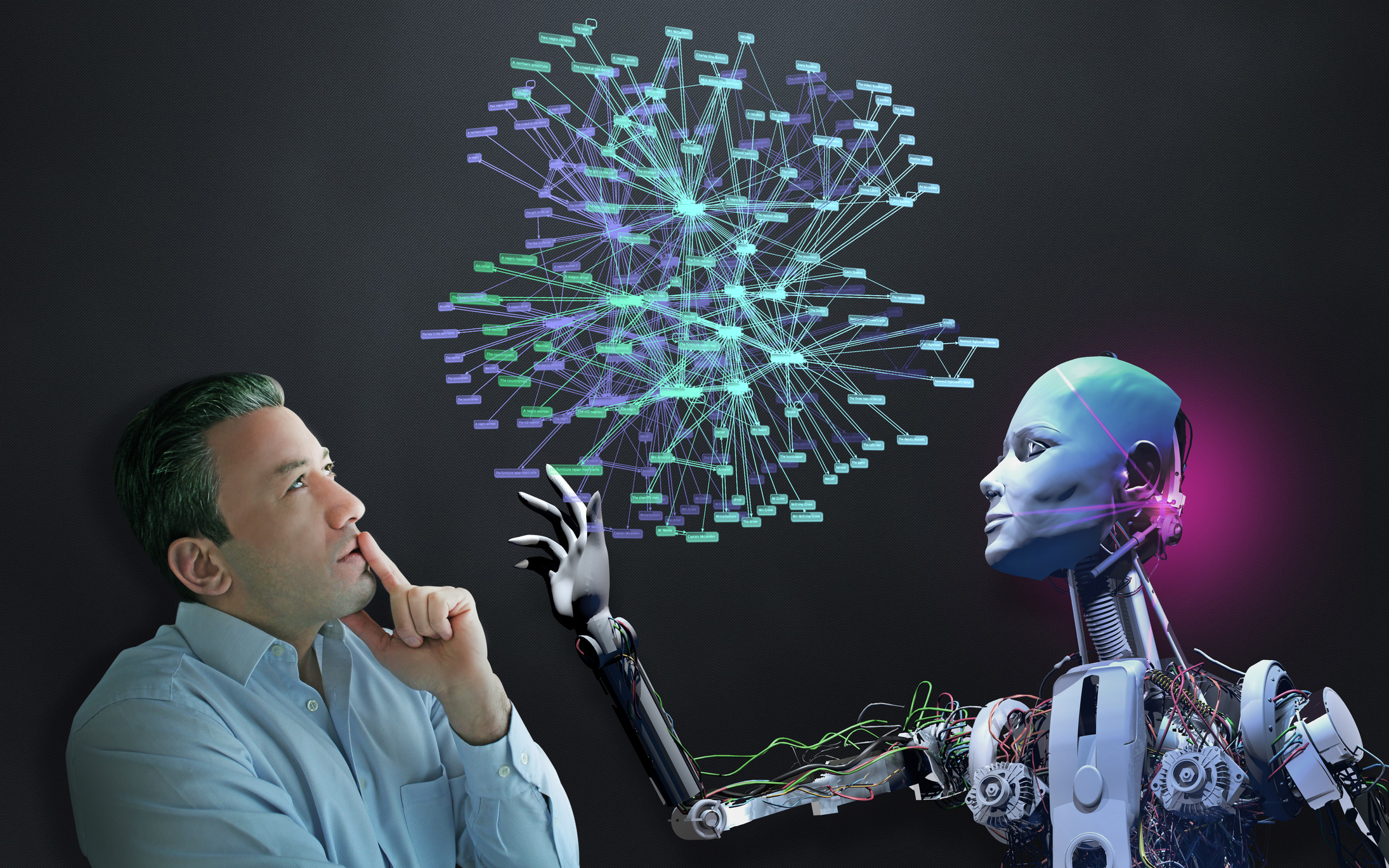
Can You Lose Your Job To AI?
12/6/23, 6:30 am
Explore the intersection of artificial intelligence (AI) and human expertise in this thought-provoking blog post. Discover how AI can complement and enhance human skills, the limitations of AI, and the importance of uniquely human skills such as creativity and empathy. Gain insights into the potential of AI to augment human potential and the ethical considerations surrounding its use. Understand the balance between technological advancements and the preservation of human skills in the AI era.

Introduction:
Artificial Intelligence (AI) has made significant advancements in recent years, transforming various industries and revolutionizing the way we live and work. With AI systems becoming increasingly sophisticated, there is an ongoing debate about whether AI has the potential to take over human skills and expertise. In this blog post, we will delve into this topic and explore the possibilities, limitations, and potential consequences of AI's impact on skills.
1. The Rise of AI and Automation:
AI has demonstrated remarkable capabilities in automating repetitive tasks and performing complex computations at lightning speed. As a result, there is growing concern that AI could replace humans in certain skill-based domains. However, it's important to distinguish between routine tasks and skills that require human creativity, critical thinking, and emotional intelligence.
2. AI as a Complementary Tool:
Rather than viewing AI as a direct competitor to human skills, it is more accurate to see it as a complementary tool that enhances human capabilities. AI can assist professionals in various fields by processing vast amounts of data, identifying patterns, and providing valuable insights. For instance, in healthcare, AI can help doctors analyse medical images more accurately, leading to improved diagnostics and treatment plans.
3. Limitations of AI:
Despite its remarkable progress, AI still has significant limitations. While AI excels at specific tasks within well-defined parameters, it often struggles with adapting to new situations, dealing with ambiguity, and understanding context. Human skills, on the other hand, are versatile, adaptable, and grounded in complex cognitive processes that are difficult to replicate in machines.
4. Uniquely Human Skills:
Certain skills are deeply rooted in human nature and are challenging to replicate in AI systems. These include empathy, creativity, intuition, and moral reasoning. These skills are crucial in fields such as counseling, artistic expression, leadership, and ethical decision-making. Human interaction and emotional connection also play vital roles in various professions, making it difficult for AI to fully replace human expertise.
5. Augmenting Human Potential:
Instead of fearing AI's potential to replace skills, we should focus on leveraging it to augment human potential. By automating repetitive tasks, AI frees up time for humans to focus on higher-level activities that require creativity, innovation, and problem-solving. AI can be a valuable assistant that empowers individuals to be more productive and efficient in their respective domains.
6. Ethical and Societal Considerations:
As AI continues to advance, there are ethical and societal considerations that need to be addressed. It is crucial to ensure that AI systems are unbiased, transparent, and accountable. Human oversight and regulation are necessary to prevent AI from perpetuating discriminatory practices or making critical decisions without human intervention.
Conclusion:
AI undoubtedly possesses immense potential, but it is unlikely to completely replace human skills and expertise. While AI excels at specific tasks and data processing, human skills rooted in emotional intelligence, creativity, and critical thinking remain irreplaceable. By embracing AI as a complementary tool, we can harness its power to enhance human potential, improve efficiency, and address complex challenges in diverse fields. As we navigate the future, it is essential to strike a balance between technological advancements and the preservation of uniquely human skills.
